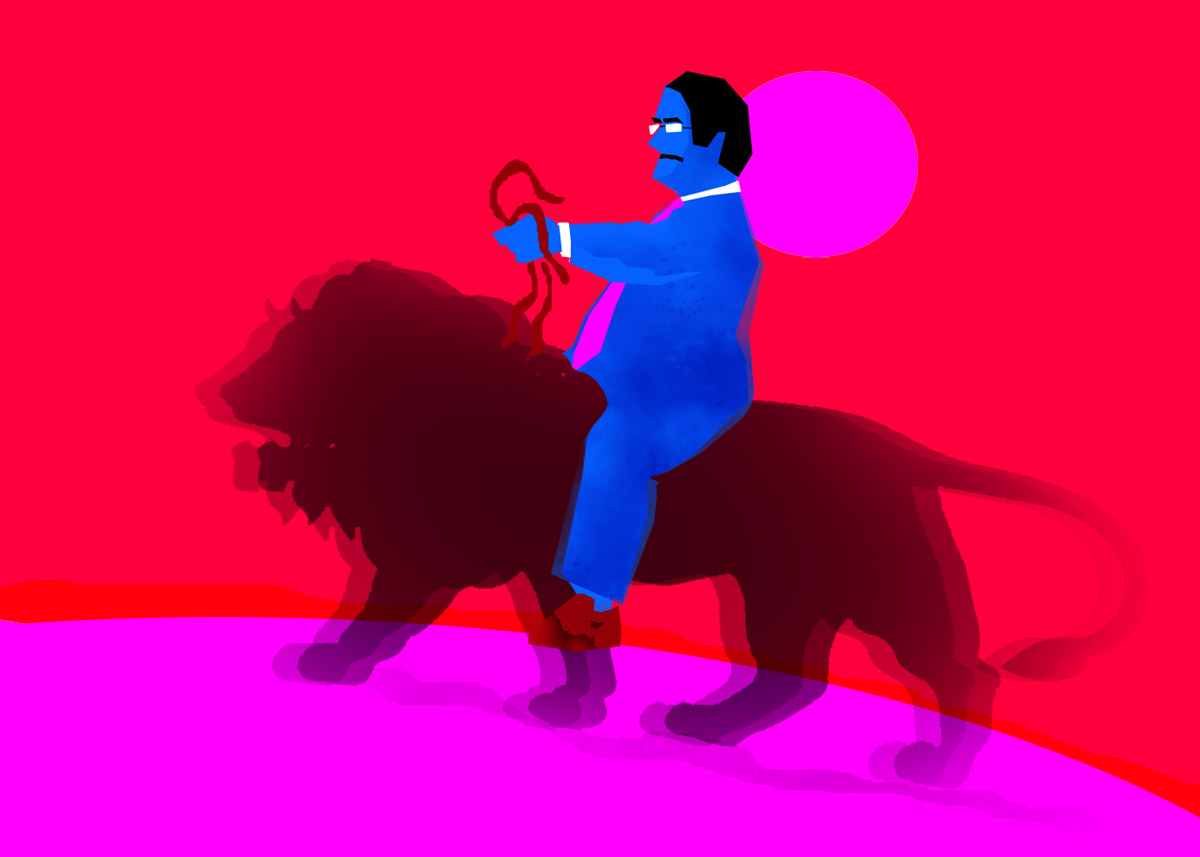Where Are Business Leaders To Power The India Story?
What do we need more of? Leaders who dominate global institutions or local leaders with a ‘Make-in-India’ mindset?
A couple of weeks ago, the news about the CEO transition at Hindustan Unilever Ltd (HUL) hit the headlines, but it didn’t make quite as much of an impact as it would have even a decade ago.
A new CEO anointment at HUL was always closely watched.
There would be intense speculation every time in the lead up to the CEO appointment.
After all, it was one of the country’s best-known corporations with the reputation of being one of the biggest CEO factories in India Inc.
In real terms, none of that has changed. HUL remains a powerhouse of leadership talent, but more so for its parent Unilever, across the world.
However, India has evolved. The sheen that HUL enjoyed as a company to work for, has to some extent, eroded.
Today, a clutch of global companies — McKinsey, Goldman Sachs, Amazon and Google — jostle for attention at India’s business school campuses.
Senior executives at HUL may not be as prized a catch for other leading companies in India as they once were.
For instance, when Tata Consultancy Services announced its sudden CEO transition around the same time, the story continued to hog the headlines for the next few days.
Yet, the attention of every Lever watcher has somehow shifted from its headquarters in Mumbai to London.
Twice in the past two decades, leaders from HUL came close to bagging the top job at Unilever.
M S ‘Vindi’ Banga and Harish Manwani were fierce contenders when the time to pick Patrick Cescau’s successor came up in 2008.
A few years later, Nitin Paranjpe was seen as a potential candidate to replace Paul Polman in 2018.
On both occasions, they missed out by a whisker. (Jokingly, the so-called reverse takeover of Unilever by Hindustan Lever managers had been averted.)
The members of the powerful old boys club at HUL still keep in touch with the goings-on.
WhatsApp group conversations keep track of every development.
Old-timers exchange notes at their much sought after alumni meets.
The past directors customarily get invited by the incumbent HUL chairman for a powwow every year. They make sure they attend it.
Yet, privately, former Lever managers will quietly aver that HUL no longer sets the pace it once did for the broader corporate scene in India.
Even its avowed thought leadership in the consumer packaged goods arena has gradually slipped away. Or maybe, the gap between HUL and the rest has significantly narrowed.
When US President Joe Biden nominated Ajay Banga to lead the World Bank a few weeks ago, it was yet another indication that our local ambitions and aspirations have undergone a sea change.
But there’s a bit more to this phenomenon than just rising local aspirations.
Today, India is on a roll. Many people regard it as the seat of one of the most exciting economic transformations in the world.
India needs business leaders and innovators to power the India story and lift billions of people from poverty.
Will that happen if its best and brightest leadership talent see their future at the apex of some of the world’s biggest global corporations, instead of building for and in India? Well, that’s debatable.
What isn’t debatable is that there was once a time when a long line of HUL chairmen — Prakash Tandon, T Thomas, A S Ganguly and S M Datta — built the foundations of a great company, ensured HUL was a jewel in the crown in the Unilever world, and worked hard to satisfy Indian shareholders, instead of kowtowing to the bosses in London.
Brands like Vim, Fair & Lovely and Wheel, tailored for local consumers, would never have been built without that spirit of independence.
Perhaps that was a different era of licence raj and the Foreign Exchange Regulation Act.
Once the country opened up, the process of ‘Unileverisation of HUL’ was inevitable.
Subsequent chairmen like Keki Dadiseth and Vindi Banga opened the door to a closer integration with Unilever.
Today, while it may be a settled debate inside HUL, but not so at ITC.
Like HUL, it had a long line of chairmen like Ajit Haksar, Jagdish Narayan Sapru and Y C Deveshwar, who kept UK-based multinational BAT at bay, instead building ITC as a strong Indian transnational company.
The fact is that ITC hasn’t done too badly either.
The fierce determination and commitment to building a pipeline of business leaders for India that HUL demonstrated for decades may not carry as much weight in a globalised world.
Yet the high standards that the earlier generation of leaders set back then, especially despite many constraints, remains a golden era for management development in India.
In a riveting interaction at Stanford University in 2015, Mr Banga spoke about his career in two halves: The first decade-and-a-half in India and the second half spent in developed markets like the US.
Mr Banga said he had made a deliberate choice to stick to more predictable developed markets, rather than deal with the uncertainty that infrastructure voids and red tape create in India.
On the other hand, the long list of HUL managers in foreign postings privately admit that their secondments weren’t quite as exciting a learning journey as being part of the incredible organisation in India.
Therefore, the moot question to ask: What do we in India need more of? Build leaders that dominate global business institutions? Or leaders who can nurture local institutions with a make-in-India mindset
Indrajit Gupta is co-founder, Founding Fuel
Feature Presentation: Rajesh Alva/Rediff.com
For all the latest business News Click Here

